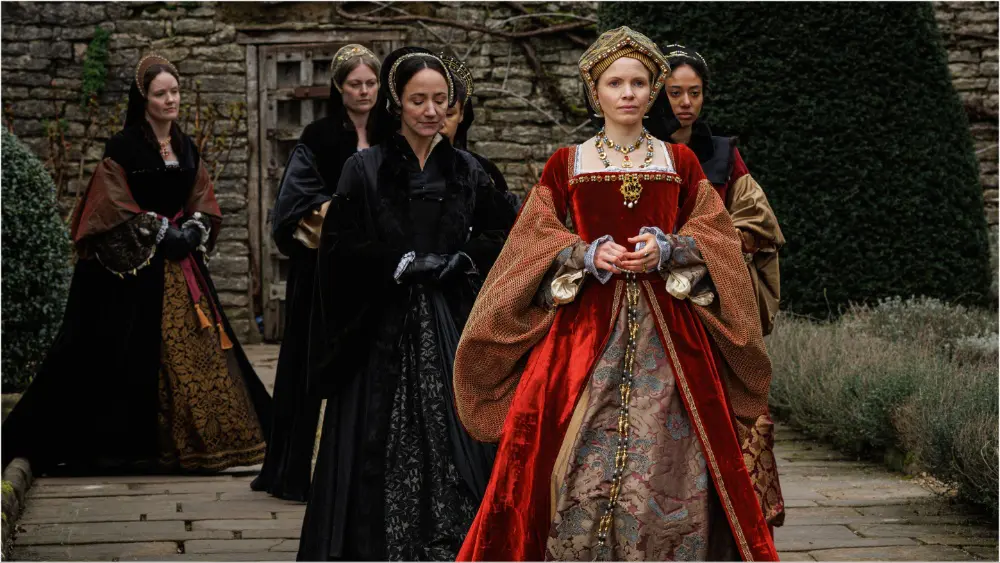The rising cost of U.K. drama: A look behind the scenes of ‘Wolf Hall: The Mirror and The Light’
The financial impact of U.S. streamers
The landscape of television production in the U.K. has undergone a seismic shift in recent years. According to industry insiders, the influx of American streaming giants has significantly driven up the cost of producing high-quality dramas. One producer of the acclaimed series Wolf Hall: The Mirror and The Light pointed out that the budget for U.K. dramas has skyrocketed, creating substantial challenges for British producers.
Factors driving up costs
The primary complaint centers on the inflated rates paid to talent and location fees, especially in comparison to a decade ago. The increased investment from U.S. companies, while initially seen as a boon, has ironically become a hurdle. These higher expenditures, coupled with general inflation and a rising cost of living, have made producing largescale dramas like Wolf Hall more challenging.
The legacy of ‘Wolf Hall’
Wolf Hall, which debuted in 2015, captivated audiences with its historical accuracy and compelling storytelling. Based on the first two books of Hilary Mantel’s trilogy about Thomas Cromwell, the series starred Mark Rylance and Damian Lewis. Claire Foy also shined as Anne Boleyn, who met a tragic end, reflective of the historical narrative.
The adaptation of the final book, The Mirror and The Light, encountered various delays—from the COVID-19 pandemic to scheduling issues with the actors. Furthermore, many of the locations were actual Tudor buildings, requiring the production to wait for off-season periods to shoot without tourist interference.
Bringing the final book to life
The creative team of director Peter Kozminski and screenwriter Peter Straughan has returned for this adaptation. Despite the challenges, including the absence of author Hilary Mantel, the team has drawn upon her extensive notes and emails, which have been invaluable resources for ensuring the series maintains its high standards.
Kozminski describes the final part of Cromwell’s story as a “descent into darkness,” promising a dramatic and emotional conclusion to the series. The production has also taken a more inclusive approach, casting a diverse range of actors this time around, a notable shift from the entirely white cast of the first series.
Authentic portrayals and memorable moments
Damian Lewis and the rest of the cast have continued to immerse themselves in their roles. Lewis, who dons a “fabulous foam suit” to portray the physically imposing Henry VIII, emphasized the monarch’s unpredictable nature. The actor shared a particularly poignant moment from the production, recalling the wedding and subsequent death of Jane Seymour, played by Kate Phillips. This echoed his own experiences and added a deeper layer to his performance.
Expanding the series
With casting becoming more inclusive and the commitment to historical accuracy unwavering, the production also ensures they engage the best available talent. This dedication to quality has maintained the series’ reputation, despite the increased costs and logistical hurdles.
The dramatic arcs and rich historical tapestry presented in Wolf Hall continue to resonate, proving that quality content can thrive even under financial pressure. As fans eagerly await the final installment, the series stands as a testament to the resilience and creativity of the U.K. production teams.
If you want to explore more about Wolf Hall, check out the official trailer.
Share your thoughts and engage with fellow fans by following us for the latest updates in television and film. The tale of Thomas Cromwell might be concluding, but the legacy of Wolf Hall will remain.

 Italian
Italian







